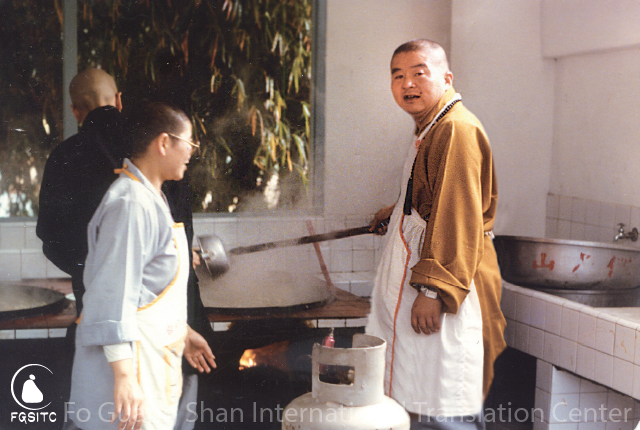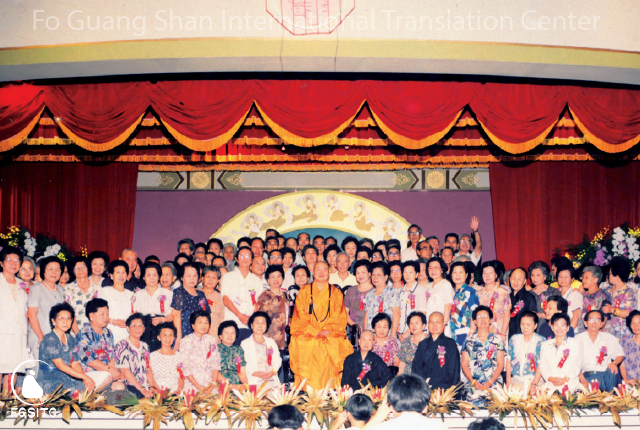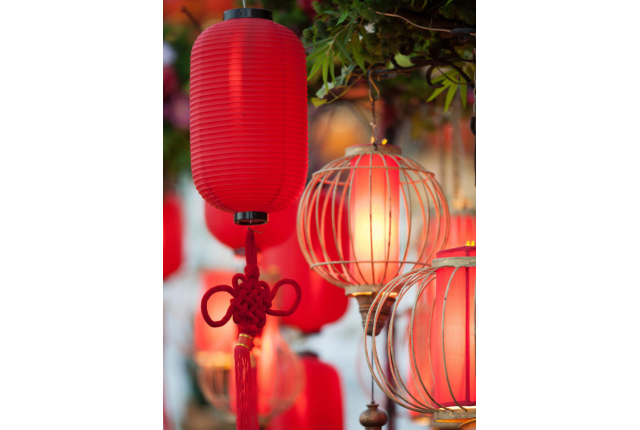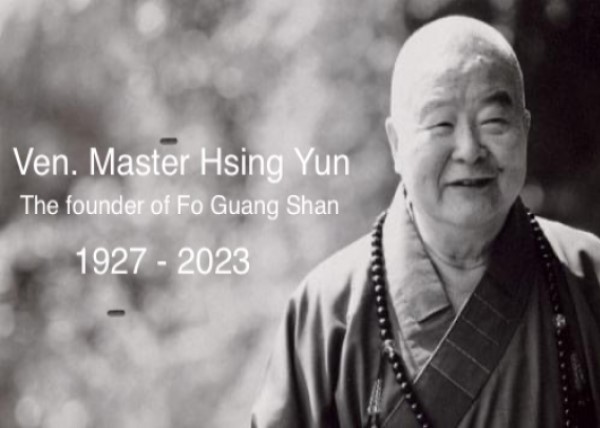
Everyone in this world wants to have wealth and live a carefree life. They also want a good rebirth. Richness in this life and pleasure in the next are the hallmarks of a successful life.
In the Sumati Sutra, the Buddha defined a “successful life” to be wealth in this life and happiness in the next life. Having wealth in the present life includes an elegant, proper appearance, attaining wealth and nobility, keeping one’s family from destruction, living blamelessly, and being trusted by others. Having happiness in the next life includes being reborn in the presence of a Buddha, seeing Buddhas at the end of life, gaining supernatural powers, completely eliminating Dharma obstacles, and forever leaving behind Mara. All these benefits can be gained by practicing the Buddha’s teachings.
As the Buddha answered Sumati’s ten questions, he provided
four methods of practice for each.
The core of the Dharma is the Bodhisattva path, the practice of Mahayana Bodhisattvas. What makes Bodhisattvas special is their initial vow, the promise to attain Buddhahood and liberate sentient beings.
They endeavor to serve others, not only for their own fulfillment, but also to bring sentient beings’ peace and happiness.
In Buddhism, people are called “beings formed from the arising of many conditions,” usually translated as simply as “living beings.” There is no one within the world who could exist on their own. To live we all rely on many other factors. Each person can only exist after a great multitude of causes and conditions come together. Anyone who wishes to succeed must first learn to become part of the group.
People’s actions create various kinds of positive and negative karmic effects, and thus people have different destinies. However, destiny is not fixed. It can be changed. An individual’s presence, a given occurrence, a single sentence, a little money, or even one thought can all change a person’s destiny.
Once, there was a novice monastic who was destined such that he only had seven days left to life. But he happened to save the lives of some ants, and the power of that wholesome action extended his lifespan of seven days to eighty years. Destiny is not fixed. If practitioners cultivate wholesome actions and merit, their destiny can be changed.
We can cultivate wholesome actions and merit by aiming to benefit all beings. Once we give rise to the bodhi mind by setting our intention to attain enlightenment, we are already Bodhisattvas. By continuing down the paths of happiness as taught by the Buddha, we can attain wealth in this life and happiness in the next.
Read more from Ten Paths to Happiness, by Venerable Master Hsing Yun.
Image from Pixabay.












